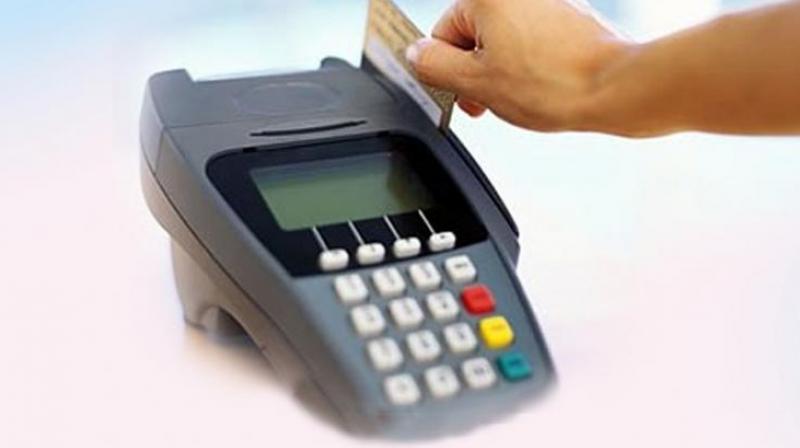How digital and card payments play valuable role in building smart cities
The benefits of digital payments go well beyond convenience.

Digital & Card payments have many benefits, to both senders and receivers. Moving from cash-based to digital payments has the potential benefits of making payments more efficient by lowering the cost of disbursing and receiving payments, increasing the individuals risk management capacity, privacy of payments, control over the funds received, security of payments & reducing the incidence of crimes associated with them, the transparency of payments & thus making it less likely for there to be leakage between the sender and receiver, the speed of payments and providing a first entry point into the formal financial system. In short, the benefits of digital payments go well beyond convenience, if provided efficiently and effectively, they can transform the financial lives of those who use this technology.
Promoting Digitisation, Government effort is needed to facilitate the movement of financial transactions from cash to digital, especially with regard to reaching individuals in financially underserved areas. While the private sector is, for the most part, eager to introduce or expand on digital payments solutions, governments have an essential role to play by creating an enabling regulatory environment, promoting consumer protection and education, and playing a catalytic role in building a digital ecosystem and we are happy by the governments decision by introducing schemes/yojana’s under digital India program and creating awareness on digital payment options by introducing DIGI Dhan Mela’s at various parts of India.
The private sectors have important roles in making payment systems more efficient and more accessible to low-income consumers. Although most of the people can benefit from digitalization, it is important to consider that specific roles will vary on basis of local market development and dynamics, regulations, and strength of institutions.
— by Dr Priti Shah, Co-Founder & CEO of Paynear.

